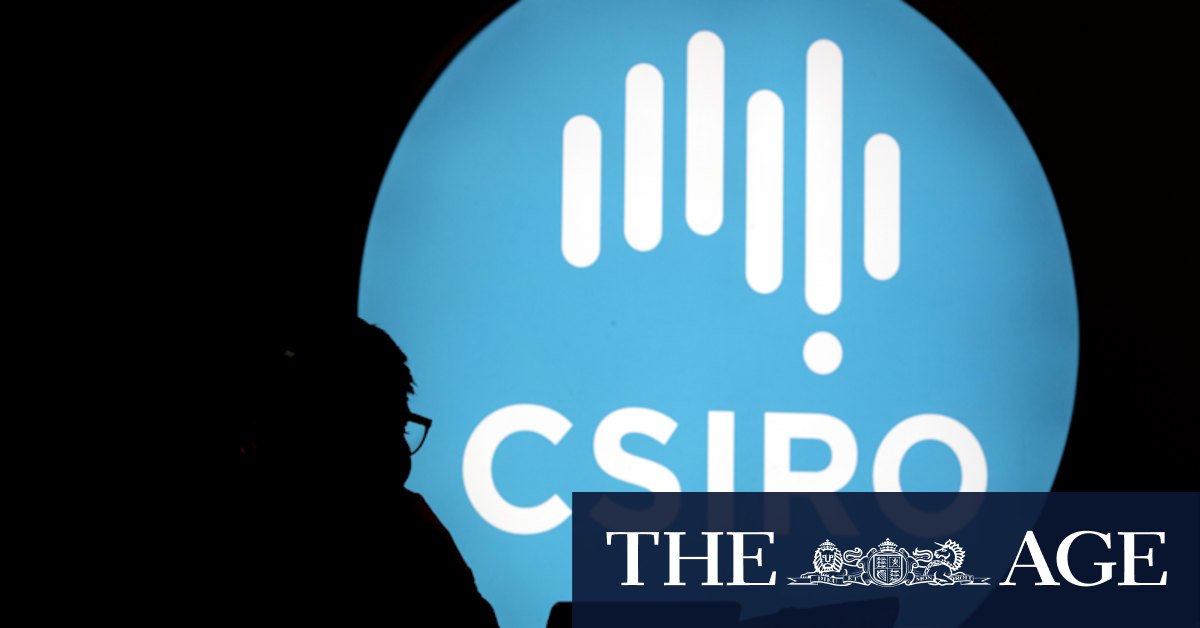“Existing methods rely on trial and error or assumptions about how AI models behave,” he said. “Our approach is different; we can mathematically guarantee that unauthorised machine learning models can’t learn from the content beyond a certain threshold. That’s a powerful safeguard for creators and organisations.”
Loading
He said the technique could be applied automatically at scale: a social media platform, for example, could embed the protective layer into every image uploaded.
“This could curb the rise of deepfakes, reduce intellectual property theft, and help users retain control over their content,” he said.
“It wasn’t an easy task to achieve this. It’s been a great challenge from a scientific perspective, and I think this is the first time that we have seen this kind of guarantee in the field.”
There are plans to expand the development to text, music and videos. The paper, Provably Unlearnable Data Examples, was presented at the 2025 Network and Distributed System Security Symposium, where it received the distinguished paper award.
To date, the algorithm is still theoretical. Results are validated in a controlled lab setting, but the team has released the code on GitHub for academic use and is hoping to partner with researchers or the private sector to make it a commercial reality.
“I think this has great potential to transform the research in this field,” Wang said.
The Business Briefing newsletter delivers major stories, exclusive coverage and expert opinion. Sign up to get it every weekday morning.

